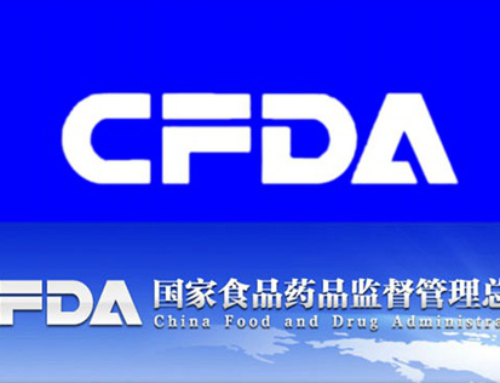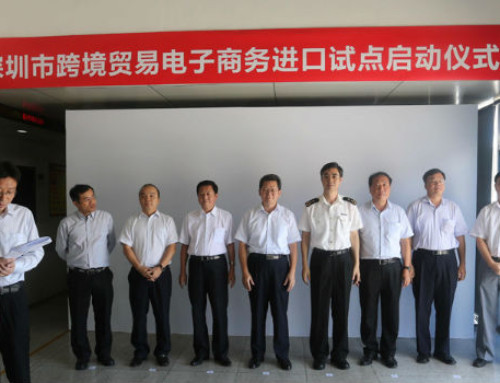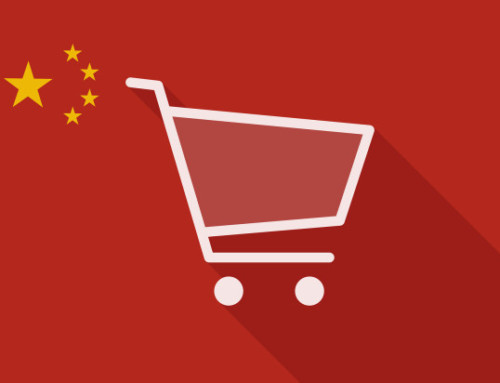Since China is a complex and diverse market, it is challenging for a foreign company to take most of their products (no matter industrial or consumer) into China and distribute them successfully. Given this, for those plan to export to China, finding an experienced and long-term cooperating distributor in China is imperative for your sales success.
Export to China’s rapidly expanding market is becoming increasingly difficult to ignore for international companies of all sizes. While your company may be excited by the opportunity to establish distribution channels in the Chinese market, it may also be daunted by determining how to actually achieve this goal.
Jingle office have gained valuable insights about how to successfully export to China. We have rich experience in helping international companies to export to China.

Below we offer a guide on the key approaches needed to effectively develop and manage the distribution of your products in China.
1. Determine Demand
Conduct an initial market research to determine the demand for your product in the China market, and evaluate if there is a great potential for your company to export to China. While the appeal of the Chinese market may be strong, assessing the needs of the market, understanding competing brands’ strategies, and possessing a unique product are important considerations for initial market research.
2. Learn Legal and Regulatory Requirements
Since some industries are not fully open to foreign companies in China; during initial research, you should also make sure if foreign companies are permitted to operate in your industry in China. In addition, your company should next learn what, if any, certifications are required before your products can be sold in China. These applications should be started immediately since they can often be time consuming.
3. Identify End Users
When deciding your company’s target customer, you will need to determine if you will be engaging on a business to consumer, business to business, or business to government basis. One thing to keep in mind is many of China’s largest industrial companies are State-Owned Enterprises (SOEs) and thus under the control of the Chinese government. If your company’s potential end-users are SOEs you should keep in mind that they often operate according the characteristics of a government agency rather than those of a private company.
4. Identify Key Players and Distributors
Once you have identified the market for your product in China, you will need to identify who the key players and potential distributors are in your industry. There are variety of tools you can use to identify these players, including internet research, services of consulting companies in China and your country, trade organizations and government agencies, and referrals from other companies in related industries.
5. Meet with and Qualify Distributors
Once you have identified key distributors in your industry, it will be necessary to visit potential distributors in-person. By meeting them you will have the opportunity to both market your company and confirm that the distributor is qualified. By visiting you will also be given the opportunity to see their operations directly, learn their business model, and understand their strengths and weaknesses. Based on this information, your company can make necessary adjustments in your business plan so that it matches with the needs of the potential customer. At this time, it would also be helpful to check with local government agencies to verify the quality and reliability of the company.
Before meeting your potential distributors, your company should also develop a pricing structure, sales terms, and an distribution contract. Having these ready to present to potential distributors when you meet with them will accelerate the sales process.
6. Develop Marketing Materials and Strategy
After identifying the distributors you want to cooperate with, you will need to develop marketing materials and a strategy on how to engage with the key distributors you have identified.
When developing marketing materials such as brochures and websites, make sure to have them written in simplified Chinese characters. Another thing to take into consideration is that the brochures and websites for Chinese audience are quite different from those in the West. It is important to consult with people familiar with Chinese business culture to make sure your marketing materials will match with Chinese preferences.
7. Establish a Local Sales Team
In order to achieve sales it will be important to have a local sales team which can guide you through China’s unique business culture in the negotiation process. Local staff will have a better understanding of how Chinese businesses and government agencies operate and how to access key decision makers in order to make a sale. A local sales team can provide your company the local know-how needed to complete business deals.
8. Achieve Sales
Now that your company has identified qualified distributors, developed marketing materials and strategy, and established a local sales team, you can enter the next stage of the sales negotiation. Your company should expect extensive negotiations with distributors before a deal can be struck. You should be willing to devote time to develop a close relationship with your potential distributor during this time in both formal business settings and more informal occasions such as tea sessions and meals. In general, this time commitment means business deals can take three to five times longer to complete in China than they do in the West.
Even if a company is ready to buy your products, finalizing a distribution or sales contract can also be a lengthy and complicated process. When drafting distribution contracts it is important to work with a local partner who is familiar with local legal practices. A good local partner will help you draft a contract that protects your company’s interests in the complicated international arena.
9. Manage the Relationship
Even after you have completed sales with a distributor in China it will be necessary to manage the distributor to ensure long-term cooperation. Having a local presence is also essential for this process. You will need staff on the ground that will be able to communicate regularly with the distributor, provide technical and marketing support, and continue to develop both a formal and informal business relationship between you and your distributors.
Jingle Office is always in the position to help you export to China, so do not hesitate to contact us if you have any questions.
Related reading: Top 10 Considerations for Exporting to China












